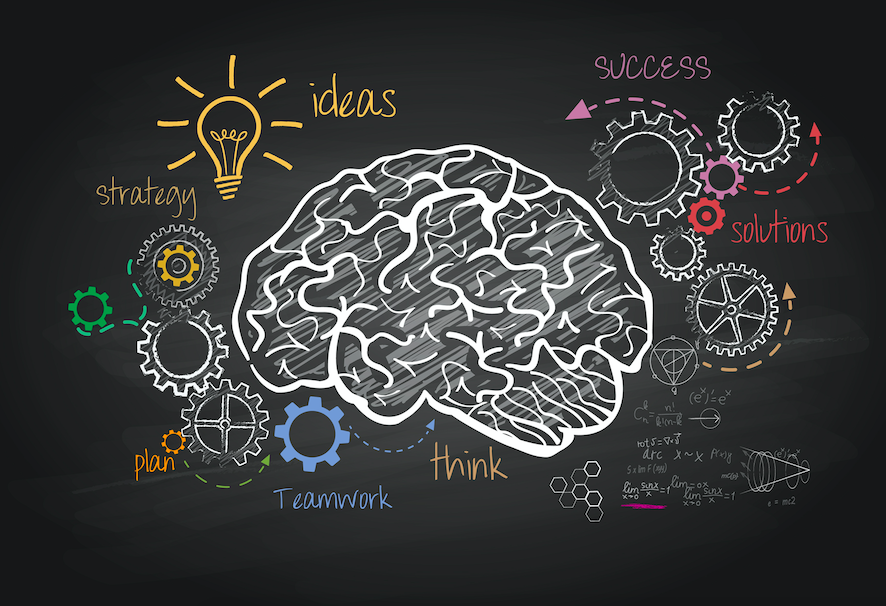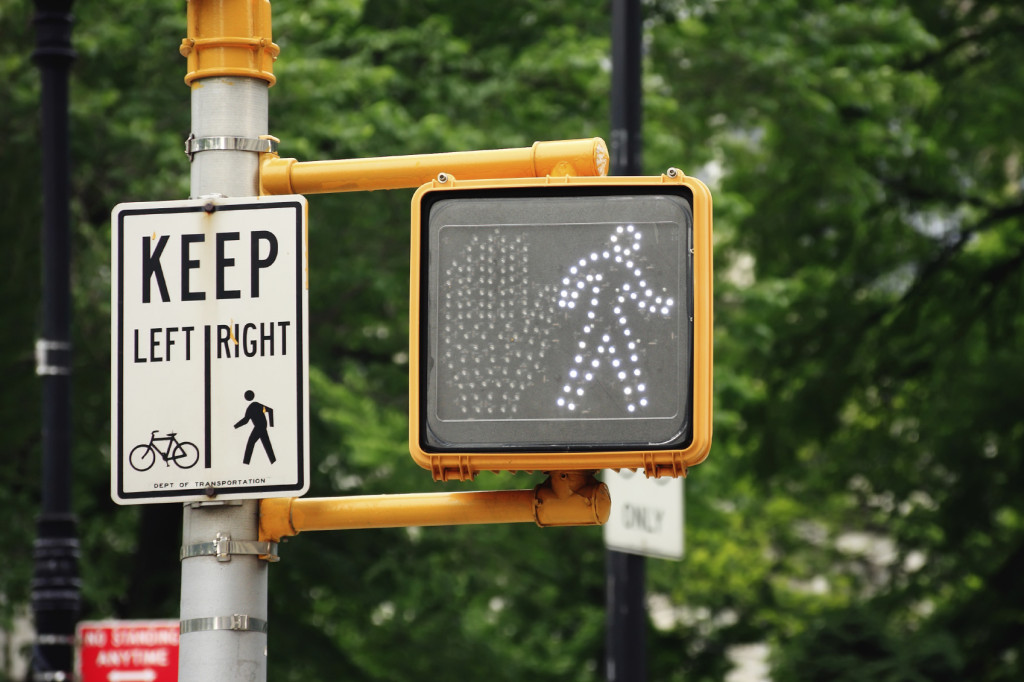Posts by Cara Liebowitz
Here’s What Neurodiversity Is – And What It Means For Feminism
You may have heard the word “neurodiversity” used in a medical context around disability. Here’s a summary of what neurodiversity is, how it’s relevant in your life – and why we can’t talk about feminism without it.
Read More4 Things No One Should Ever Say to Disabled People on Benefits
“Why don’t you just get a job?” These are way too common – they’re even coming from presidential candidates right now. What else do you wish people would stop saying to disabled people on benefits?
Read More4 Ways That ‘Our Minds Are Fine’ Is Ableist Toward Cognitively Disabled Folks
“Our minds are fine. It’s our legs that don’t work.” Have you ever come across this sentiment in disability activism – or expressed it yourself? This author gets where you’re coming from, but you’ve got to find out how it’s hurtful.
Read More5 Examples of How Privilege Lists Often Ignore the Intersection of Dis/Ability
Privilege checklists are a great introduction – but they fail to go deeper than a “first look” at privilege, and that can sometimes get in the way. Here’s why we have to acknowledge how disability intersects other identities.
Read More10 Examples of Walking Privilege That All Walking People Should Acknowledge
If you have the ongoing ability to walk, you probably haven’t noticed all these ways wheelchair users are marginalized. Here’s how this form of ability privilege shows up – and why it’s important to think about.
Read More






